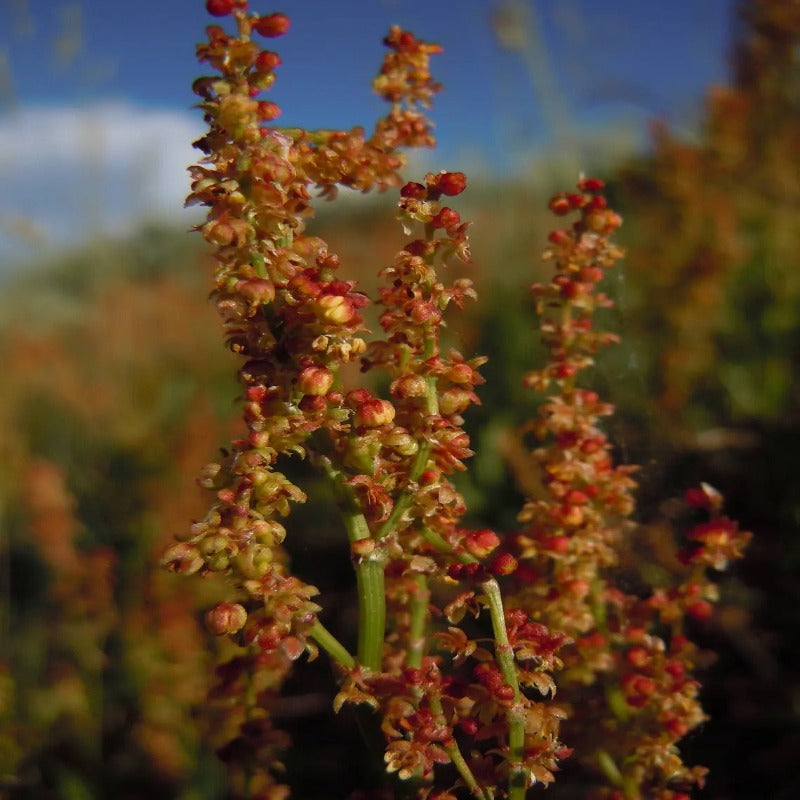- Historical context: Field Sorrel, also known as Oxalis stricta, is a common weed in the Oxalidaceae family. It has been known and used for centuries.
- Geographical origination: Field Sorrel is native to North America, but it has spread to many parts of the world.
- Relevant cultural significance: Field Sorrel has been used in folk medicine and as a food source. It was also used by Native Americans for its medicinal properties.
- Time period of discovery: The exact time of discovery is not known, but it has been used for centuries.
- Original habitat: Field Sorrel is a weed that grows in a variety of habitats, including fields, lawns, gardens, and roadsides.
- Notable historical uses: Historically, Field Sorrel has been used as a food source and in folk medicine.
- Ideal temperature range: Field Sorrel can tolerate a wide range of temperatures, but it prefers moderate climates.
- Soil type: It can grow in a variety of soil types, but prefers well-drained, fertile soil.
- Sunlight requirements: Field Sorrel prefers full sun to partial shade.
- Watering needs: It requires moderate watering, but can tolerate periods of drought.
- Planting season: The best time to plant Field Sorrel seeds is in the spring.
- Germination time: The seeds typically germinate in 1-2 weeks.
- Growth cycle duration: Field Sorrel is a perennial plant, meaning it can live for more than two years.
- Common pests and diseases: Field Sorrel is generally resistant to pests and diseases, but it can be affected by root rot if the soil is too wet.
- Companion planting advice: Field Sorrel can be planted with other herbs and flowers, but it can become invasive if not controlled.
- Common challenges and solutions: One of the main challenges with Field Sorrel is its tendency to spread aggressively. This can be controlled by regular weeding and ensuring it does not take over other plants.
- Nutritional values: Field Sorrel is rich in Vitamin C and also contains other nutrients like magnesium, calcium, and potassium.
- Health benefits: It has been used in traditional medicine for its diuretic and febrifuge properties. It is also believed to help with digestion and kidney health.
- Culinary uses: Field Sorrel can be used in salads, soups, and sauces for its tangy, lemon-like flavor.
- Medicinal uses: In folk medicine, Field Sorrel has been used to treat conditions like fever, inflammation, and urinary tract infections.
- Other unique advantages: Field Sorrel is also used as a ground cover in gardens due to its attractive yellow flowers.












